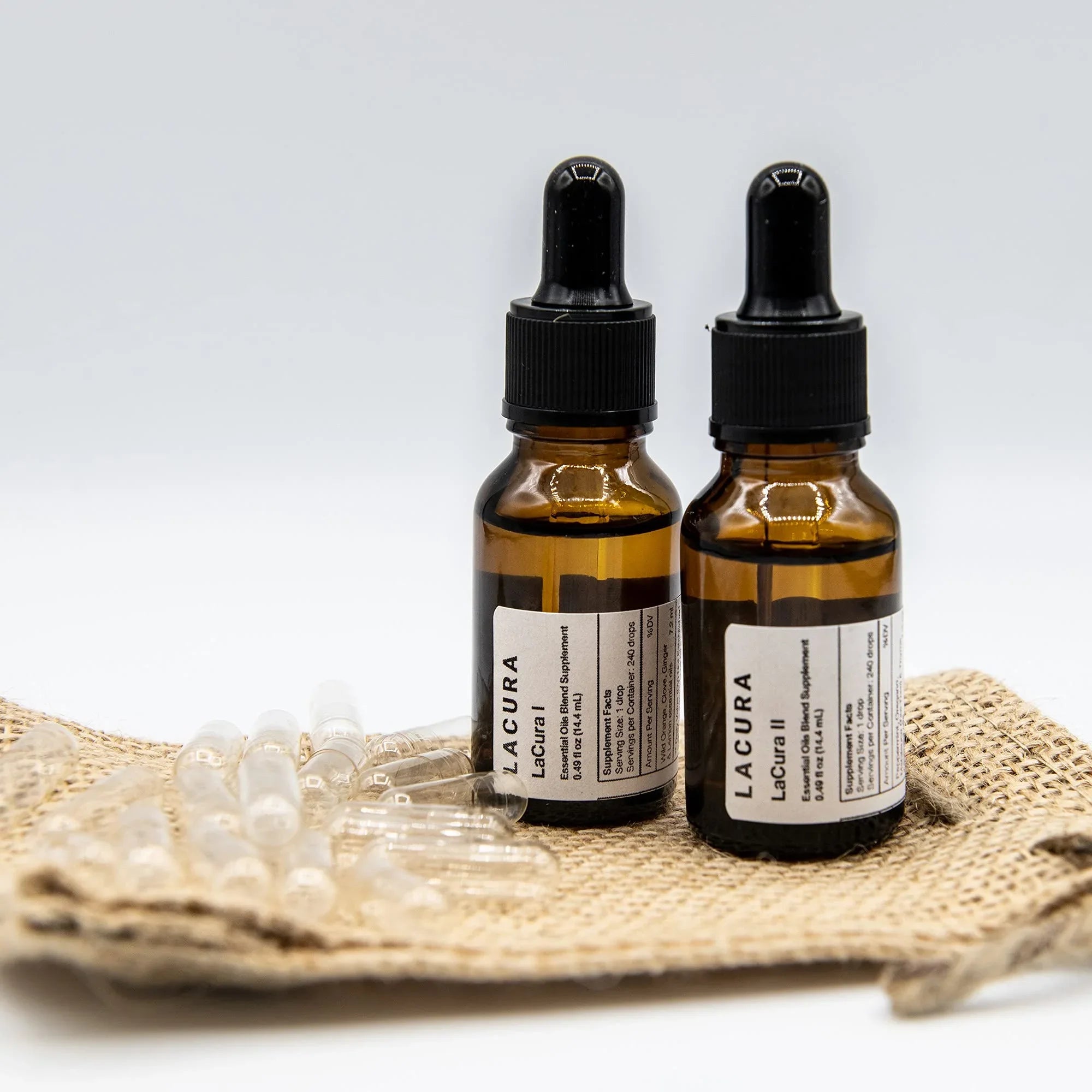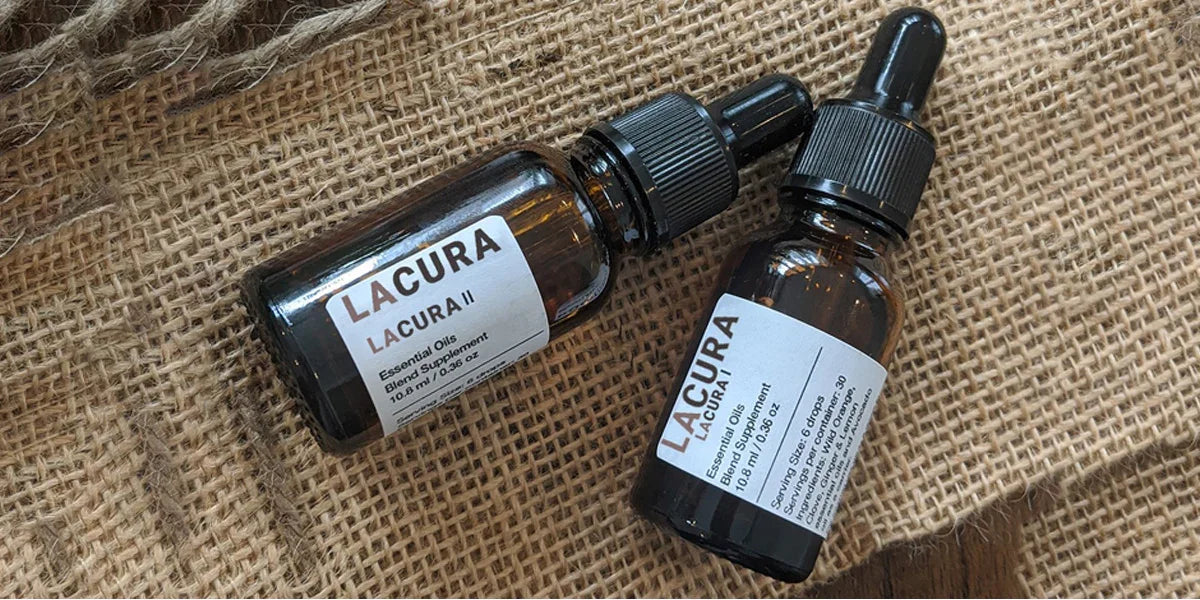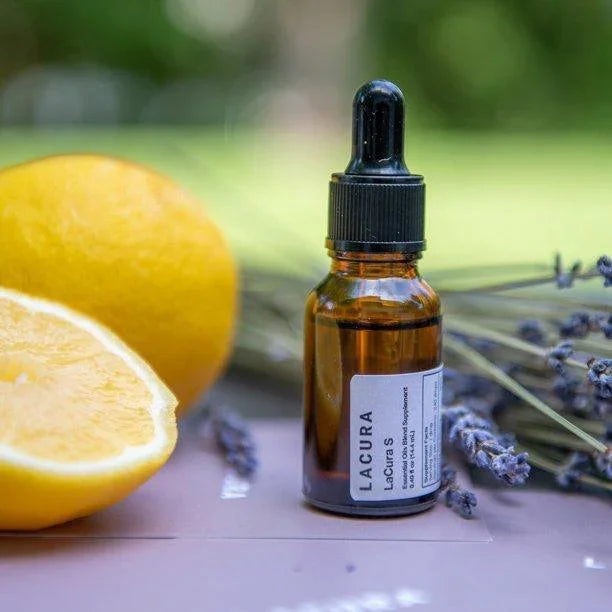The pandemic is officially more than one year underway, and while experts have learned a lot about the coronavirus, it still presents risks of serious illness. While we’re still waiting for the vaccine to be widely distributed among all populations, it’s important to equip and strengthen our bodies in the meantime.
Here are some natural ways to boost your immune system, not only against Covid-19, but also to prevent overall wellness.
Modify your diet.
If you went into panic buying mode and bought all the comfort food at the start of the lockdown, you’re not alone. Many people are now feeling the results of long-term isolation and eating mostly pantry or freezer meals.
Fortunately, you can offset any weight you’ve gained by changing your diet and eating healthy. Incorporate more plant-based food and add additional sources of protein to your meals. Avoid fast food, deep fried dishes, and sugary treats.
To avoid bingeing on chips and soda, make sure that healthy snacks are always on hand and easily accessible. Stock up on veggies, dried fruits, nuts, cheese, yogurt, and hummus.
Spice up your life.
Use the time you have at home to get comfortable in the kitchen and start preparing your own healthy dishes. This way, you get to use up all the seasonal produce and put proteins, vegetables, and fruits in every meal.
If you end up cooking the same thing over and over again, you can bring new life to bland dishes through the use of spices. Some of the immune-boosting spices you can use are turmeric for its healing properties, cinnamon for its antioxidant properties, and ginger to combat colds and cough.
Take your vitamins and minerals.
A deficiency in vitamins and minerals can lead to weakened immunity. Unfortunately, your diet may not be enough to get the vitamins and minerals that your body needs. Taking a supplement or using essential oils are natural ways to boost your immune system.
Some of the vitamins and minerals known to improve the body’s immune system include vitamins A, B, C, D, E, folic acid, iron, and zinc.
Spend time outdoors.
Social distancing doesn’t mean you have to spend all your time cooped up inside your home. A day spent outside will do you a world of good, and allows your body to soak up the sunshine vitamin, also known as Vitamin D. Plus, you’ll get some fresh air which is important if you’re having respiratory issues.
Stay hydrated.
Drink a lot of fluids, but limit your intake of fruit juice and sweetened tea, which are high in sugar and calories.
You’ll know you’re drinking enough water if your urine is pale yellow. Preventing dehydration helps to keep your mental focus and improves your physical performance.
Keep moving.
Avoid a sedentary lifestyle and keep moving to boost your body’s defense system. Regular walking, gentle yoga, and strength workouts can greatly improve your cardiovascular health, lower your blood pressure, and protect you from a host of other diseases aside from the coronavirus.
Get enough sleep.
Sleep is your body’s way to rest, heal, and regenerate naturally. While sleeping, your body produces immune cells such as cytokines. Unfortunately, the ongoing pandemic is the main trigger for insomnia these days, and you may have difficulty falling asleep. If you don’t get enough sleep, you are less able to fight off harmful invaders and are more likely to get sick.
Staying inside all day can also contribute to sleeplessness, which is why it’s important to get sun exposure to keep your circadian rhythm on schedule.
Take a break from the news, the doomscrolling, and all electronics an hour or two before bed to keep your worries and anxieties from taking hold of your mind.
Frequently changing your sheets, fluffing your pillows, and keeping your room cool will create an environment that is conducive for sleeping.
Avoid alcohol.
While it may be tempting to indulge in a bottle to offset all the things happening today, alcohol can put your immune system in danger. One study shows that alcohol consumption could increase susceptibility to pneumonia and acute respiratory stress syndrome.
If you’re not ready to go cold turkey, you can reduce your consumption gradually over time, and always limit yourself to one to two drinks per night.
Avoid smoking.
Nicotine not only harms the respiratory system, but also increases the risk of developing other diseases like the flu, pneumonia, and other viral illnesses due to a weakened immune system.
Nicotine withdrawal has side effects which can lead to a relapse. Before making the decision to stop, it may be a good idea to pursue a nicotine replacement therapy. Using nicotine patches, lozenges, and gums will improve your chances of quitting considerably.
You can also get an accountability partner or join a support group who will help you stick to your goals when the going gets tough.
Keep stress under control.
COVID-19 has taken its toll in our mental health. The stress, binge eating, lack of sleep, and social isolation can negatively impact our immune system. Fight your way through depression, anxiety, and boredom during lockdowns by taking care of yourself first.
There are plenty of ways to reduce the stressors in your life; the key is finding out what works for you. You can practice mindfulness through meditation, deep breathing exercises, and gentle yoga. Run a relaxing bath to improve your sleep, or ask your partner for a massage to soothe tired muscles. To make them even better, add a few drops of essential oil to your bath or massage. You can even make your own blend by starting with an aroma you already love and combining it with other oils. If you don’t want to come up with your own, you can try LaCura’s immunity & respiratory blend.
If you’ve reached a pandemic wall and are experiencing burnout, reach out to friends and family. Chances are you’ll find out you’re not the only one who feels that way. You can also adopt a furry friend or a feline companion. Having a pet will motivate you to get up and move more, and make you feel better about yourself and the world in general.
If your mood has changed significantly and you’re not feeling any better, don’t hesitate to consult with a therapist or a mental health professional to develop individualized coping strategies.
~Liat, LaCura’s Pharmacist






